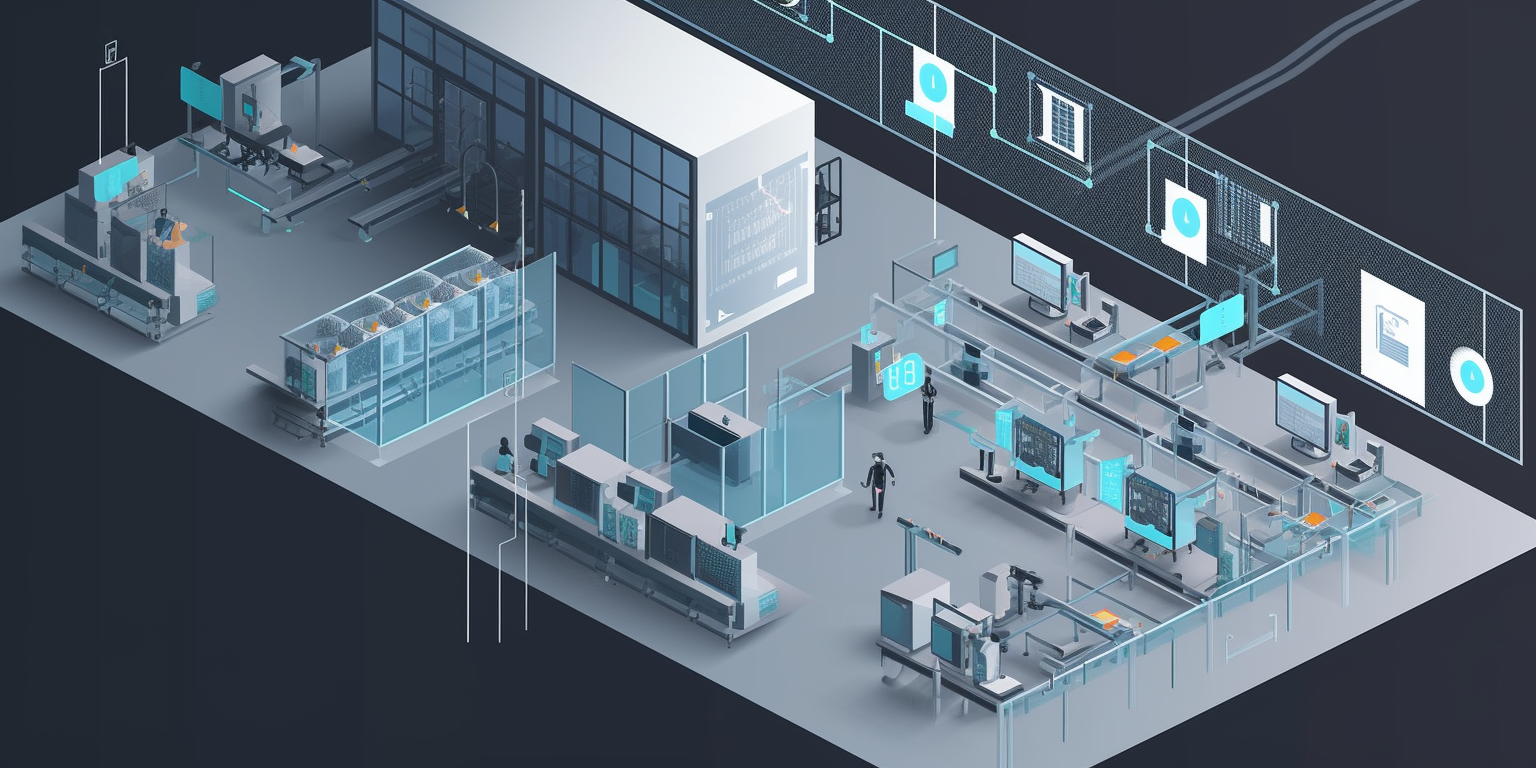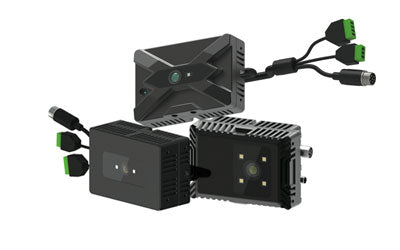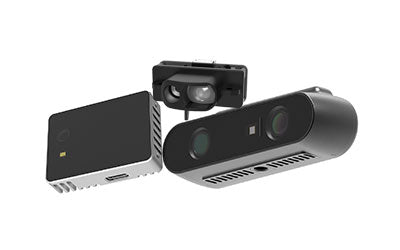L'impact des capteurs TOF sur le développement des usines intelligentes

Les capteurs de temps de vol (TOF) ont joué un rôle essentiel dans le développement des usines intelligentes, également appelées Industrie 4.0 ou quatrième révolution industrielle. Les usines intelligentes se caractérisent par l'utilisation de technologies avancées pour améliorer les processus de fabrication, augmenter la productivité et réduire les coûts. Les capteurs TOF font partie des technologies utilisées dans les usines intelligentes pour automatiser divers processus et optimiser la production.
Les capteurs TOF mesurent le temps que met la lumière à se rendre jusqu'à un objet et à revenir pour déterminer la distance entre le capteur et l'objet. Cela les rend idéaux pour une utilisation dans la fabrication et l'automatisation, où des mesures précises sont cruciales. Ces capteurs peuvent détecter la présence d'objets, mesurer des distances et repérer des changements de position, ce qui les rend parfaits pour des applications en robotique, vision industrielle et contrôle qualité.

L'un des avantages les plus significatifs de l'utilisation des capteurs TOF dans les usines intelligentes est l'amélioration de la précision et de la rapidité des mesures. Ces capteurs peuvent détecter les changements de position et mesurer les distances rapidement et précisément, ce qui les rend idéaux pour les processus de fabrication automatisés. Ils peuvent également être utilisés pour surveiller le mouvement des matériaux et des produits sur les lignes d'assemblage, garantissant qu'ils se trouvent dans la position et l'orientation correctes pour l'étape suivante de la production.

Les capteurs TOF sont également utilisés dans les processus de contrôle qualité pour s'assurer que les produits répondent aux spécifications. Par exemple, ils peuvent être utilisés pour mesurer l'épaisseur des revêtements, détecter les défauts de surface et mesurer les dimensions des pièces. Cela permet aux fabricants d'identifier et de corriger les problèmes avant que les produits ne quittent l'usine, réduisant ainsi les déchets et améliorant la satisfaction client.
Un autre avantage des capteurs TOF est leur polyvalence. Ils peuvent être utilisés dans une large gamme d'applications, allant des petits capteurs pour détecter la présence d'objets aux capteurs de grande échelle pour surveiller des lignes d'assemblage entières. Cette flexibilité les rend idéaux pour les usines intelligentes, où différents processus et applications nécessitent différents types de capteurs.
De plus, les capteurs TOF sont relativement peu coûteux et nécessitent un entretien minimal. Cela en fait une option attrayante pour les fabricants cherchant à améliorer leurs processus de production tout en maîtrisant les coûts. Ils sont également robustes et durables, ce qui les rend adaptés aux environnements industriels difficiles.
En somme, l'utilisation des capteurs TOF dans les usines intelligentes a eu un impact significatif sur l'industrie manufacturière. Ils ont permis aux fabricants d'automatiser des processus, de réduire les déchets et d'améliorer la précision et la qualité de leurs produits. Alors que la technologie continue d'évoluer, il est probable que nous verrons des applications encore plus avancées des capteurs TOF dans les usines intelligentes du futur.
Synexens Capteur TOF Industriel Extérieur 4m Caméra 3D de Profondeur et Télémètre_CS40p

Support Après-Vente : Notre équipe technique professionnelle, spécialisée dans les caméras 3D et la mesure de distances, est prête à vous assister à tout moment. Que vous rencontriez des problèmes avec votre caméra TOF après l'achat ou que vous ayez besoin de clarifications sur la technologie TOF, n'hésitez pas à nous contacter à tout moment. Nous nous engageons à fournir un service après-vente technique de haute qualité et une expérience utilisateur optimale, assurant votre tranquillité d'esprit tant lors de l'achat que de l'utilisation de nos produits.
-
Publié dans
CS40P


